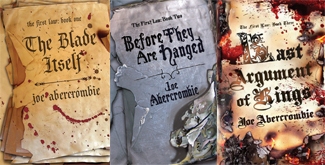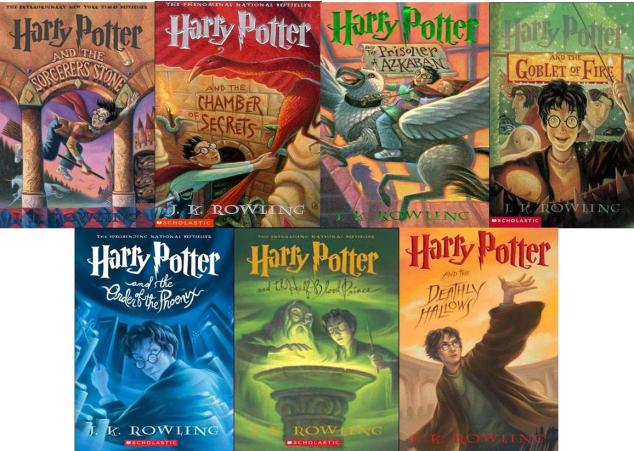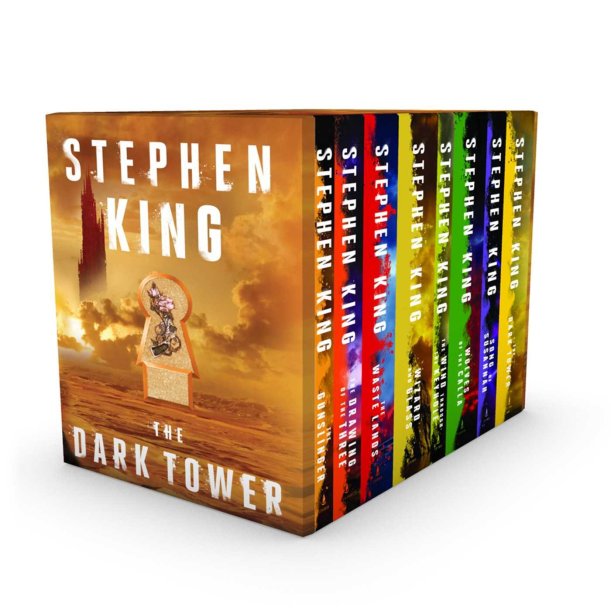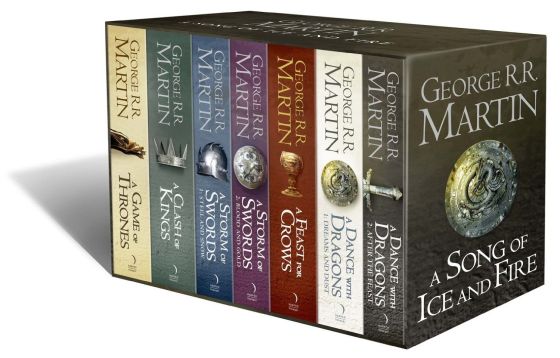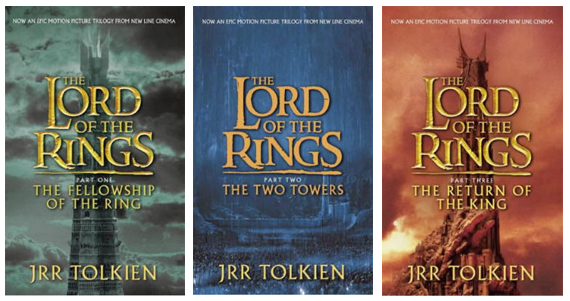
I recently re-read the entirety of George R.R. Martin’s A Song of Ice and Fire.
…Do you still say “re-read” if you listened on audiobook? We’ll pretend the answer’s yes. Shoutout to late great narrator Roy Dotrice.
Anyhoo, now that I’m back from my tour, I thought I’d share some words of wisdom for those planning a similar visit. Consider this a long-form TripAdvisor review, only with fewer typos (hopefully).
People are super judgmental about parentage
In Westeros, if both your parents aren’t members of the one percent, odds are someone will call you “lowborn.” And if mom and dad weren’t married at the time of your birth, you might even be labeled “bastard,” which is only marginally better than, say, “accident.”
Seriously, people sling birth-related insults like mashed potatoes in a cafeteria food fight. Just ask Jon Snow, Mya Stone, or Gendry what’s-his-name. There’s even a guy named “The Bastard of Godsgrace,” if I remember correctly, which somehow stings even worse. I mean, if I was called the Bastard of Albany, I’d be bummed.
If you receive a wedding invitation, check the “Respectfully Decline” box
I’ve been to three weddings this year and the body count remains at zero (as far as I know). If this was Westeros, I wouldn’t even be alive to write this article. And if you think Westerosi weddings are dangerous, try a Dothraki ceremony. In the words of Illyrio Mopatis:
“A Dothraki wedding without at least three deaths is considered a dull affair.”
If you must attend a wedding, arrive armed and don’t touch the food. And if the DJ starts playing “The Rains of Castamere”—yes, even the remix—run.
Imposters are everywhere
John the Fiddler, Jon Snow, Gryff, Young Gryff, Alayne Stone. Whenever you meet someone in Westeros, I suggest doing a background check, post haste.
George R.R. Martin is more sex crazed than a 14-year-old
Seriously, the guy can’t go five paragraphs without mentioning boobs, brothels, or some variation of the word “fuck.” No wonder HBO wanted the series adaptation.
Don’t be a peasant, because you’ll probably be murdered
Also, people will call you “smallfolk,” which is insulting.
…But don’t be a noble, either
You’ll probably get assassinated by your most ruthless rival, at which point they’ll claim your lands, income, castle, and underwear (presumably).
The safest approach is to become a middle-class working joe. Not that Westeros has a middle class, mind you.
Anyway, whatever your job is, it’s going to be horrible
Whether it’s the lifetime vow of celibacy for the Kingsguard or the lousy food of the Night’s Watch, every job in Westeros is kinda unappealing. Some other examples:
- Hedge Knight: This is like being a freelance writer, in that you’ll take any project, so long as somebody pays you—which is never much, by the way. But at least you’re not sleeping under a hedge. Unless you really are sleeping under a hedge, in which case, you should’ve read the job description closer.
- Septa/Septon: Meh, this job seems kinda boring—unless you’re the septa shouting, “Shame!” during Cercei’s penitence walk.
- Maester: This looks like a desirable profession at first glance, since you just read books and offer unsolicited advice. However, several Maesters have met nasty ends, i.e. Luwin and Kerwin. Plus, Lady Barbrey Dustin made unflattering observations about them: “Isn’t it clever how the maesters go only by one name, even those who had two when they first arrived at the Citadel? That way we cannot know who they truly are or where they come from.” Alright, fine, I suppose that is a little sus. I’m out.
- Whore: No thank you.
- Hand of the King: Similar to the Vice President, minus the potential for biopics. Plus, the last few Hands have gotten caught in the proverbial wood chipper. A brief list:
- Jon Arryn: Poisoned by his psycho wife.
- Ned Stark: Imprisoned, framed, and beheaded.
- Tyrion Lannister: Nearly decapitated in a botched assassination attempt, then subsequently fired. Technically acting Hand of the King at the time, but still…
- Tywin Lannister: Shot in the bowels by his son whilst pooping.
- Harys Swyft: I don’t remember this guy and I’m sure you don’t either.
- Orton Merryweather: Hired because his wife was frienemies with the Queen Regent.
- Mace Tyrell: Hired to forestall the end of a hopelessly fraying alliance. Also a doofus.
I’d rather work in customer service than any of these jobs, which is really saying something.
Keep a dream journal
This is a must since dreams are so often prophetic. Sure, you’ll stress over portents and symbols and whatnot, but you’ll have an advantage over those who don’t bother. Take this dream from The Ghost of High Heart as an example:
“I dreamt a wolf howling in the rain, but no one heard his grief. I dreamt such a clangor I thought my head might burst, drums and horns and pipes and screams, but the saddest sound was the little bells.”
Though she never made it to the show, she totally dreamt of the Red Wedding before it happened. Alas, nobody in Westeros enjoys Freudian dream interpretation.
At least the food’s good
They may not have GrubHub in Westeros, but who needs it when you’ve got options like this?
“They began with a broth of crab and monkfish, and cold egg lime soup as well. Then came quails in honey, a saddle of lamb, goose livers drowned in wine, buttered parsnips, and suckling pig.”
“There were loaves of crusty bread still warm from the ovens, crocks of fresh-churned butter, honey from the septry’s hives, and a thick stew of crabs, mussels, and at least three different kinds of fish.”
“They started with a creamy chestnut soup, crusty hot bread, and greens dressed with apples and pine nuts. Then came lamprey pie, honeyed ham, buttered carrots, white beans and bacon, and roast swan stuffed with mushrooms and oysters.”
Fortunately, they don’t have Tapas restaurants. Now please excuse me while I go raid my pantry.
In Conclusion
I hope these notes have enlightened you regarding Westerosi culture. If not, I wouldn’t recommend traveling there anytime soon.
…Unless you’re arriving via book, that is. In that case, visit as often as you like. I know I will.
Kyle A. Massa is a fantasy author living somewhere in upstate New York with his wife, their daughter, and three wild animals. His published works include two books and several short stories. When he’s not writing, he enjoys reading, running, and drinking coffee.
Thanks to this Gizmodo article for collecting the meal descriptions.




